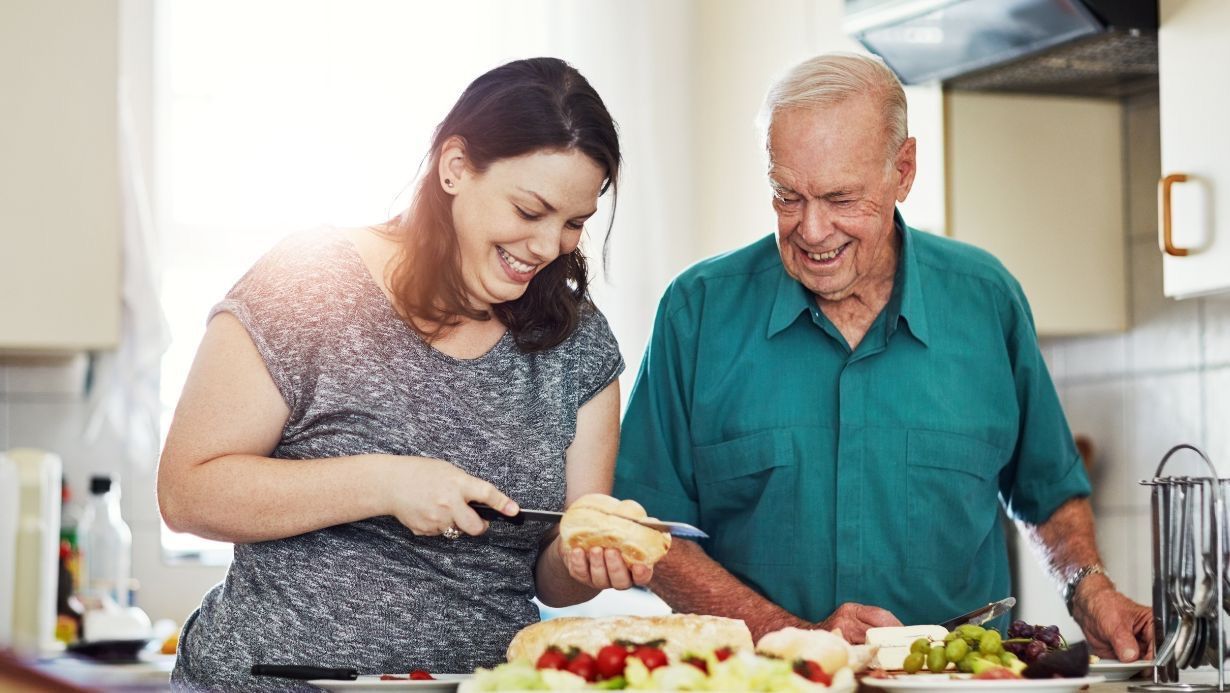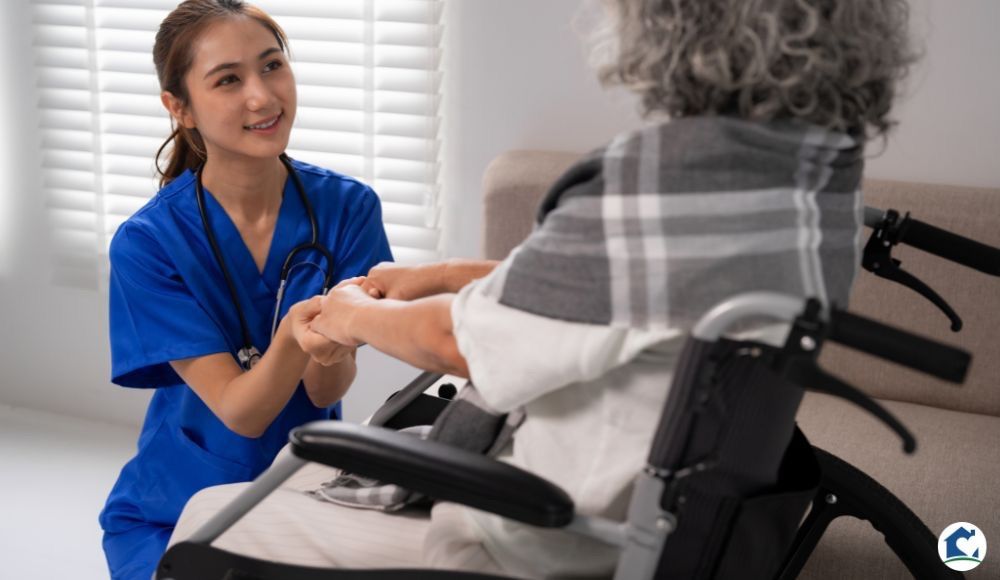10 Signs Your Aging Parent or Loved Ones Need Help
As we age, our physical and mental health can change. Older adults often face new health concerns, such as arthritis, heart disease, dementia, etc. According to the National Council on Aging, 80% of adults 65 and older have at least one chronic condition, and 68% have two or more chronic conditions.
These health conditions can make living independently more challenging and raise safety concerns. Often, there are simple fixes you can take to help an aging parent or loved one live independently, such as installing safety bars in the bathroom or getting flexible hourly home care services.
However, to initiate these fixes, you must recognize that your aging parent or loved one needs help. Sometimes, they will let you know when they need help. Sometimes, an accident or sudden illness makes it clear that they need help. However, sometimes, your aging parent or loved one may not realize they need help or may not want to tell you because they're embarrassed or don't want to be a burden.
Therefore, it's up to you to watch for signs that your aging parent or loved one needs help to continue living independently and safely.
Signs Your Aging Parent or Loved Ones Need Help
1. Changes in mood
If a usually happy person suddenly seems sad all the time, it may be a sign of depression. "Depression is not a normal part of growing older," according to the
Centers for Disease Control and Prevention (CDC); however, older adults are at a greater risk. Someone who seems unusually bright and perky may be a sign of someone trying to hide other issues.
2. Memory loss or Confusion
Occasional forgetfulness or confusion at any age is normal. According to the National Library of Medicine, "About 40% of people aged 65 or older have age-associated memory impairment—in the United States, about 16 million people." However, if you notice your aging loved one often seems confused or very forgetful, it may be a sign of dementia.
Learn to recognize the difference between normal forgetfulness and dementia.
3. Significant weight gain or weight loss
Unintentional weight loss or gain could point to a poor diet, depression, dementia, mobility problems, or other health issues.
4. Poor hygiene
If you notice your aging loved one isn't showering, brushing their hair or teeth, or wearing torn or dirty clothing, it may be a sign that they are struggling and need help.
5. Trouble getting around
"Mobility — the ability to move or walk freely and easily — is critical for functioning well and living independently. As we age, we may experience changes to our mobility.," according to the
National Institute on Aging. "[This] can increase the number and severity of falls and make it harder for older adults to go out and visit with friends and family and continue doing their activities independently. Older adults who lose their mobility are less likely to remain living at home; have higher rates of disease, disability, hospitalization, and death; and have poorer quality of life." So, keep an eye on how mobile your aging parent is. Do they have a lot of trouble getting in and out of a chair? Do they frequently lose their balance? Do they never leave their chair when you visit them?
6. Changes in their home environment
If you notice their home is dirtier or more cluttered than usual, it may be a sign of a physical or mental decline in an aging loved one.
7. Mismanaged finances
Late payment notices, bounced checks, expired car registrations, etc., can be a sign an aging loved one could use some help.
8. Unhealthy eating habits
You may notice empty pantries or expired food or that your aging loved one has stopped cooking or begun skipping meals. Good nutrition is crucial to good health.
9. Poorly maintained house or car
If you discover smoke detectors without batteries, broken locks, expired fire extinguishers, etc., these are safety concerns and may be a sign that your aging loved one needs help. Dents and scratches in a car may indicate it's time for your aging loved one to
retire their car keys.
10. Unexplained bruises or injuries
If you suddenly see bruises and injuries your aging parent can't explain, it may be a sign of abuse or mobility issues.
Get Help Today for an Aging Parent or Loved One
If you notice any of these signs and have concerns about your aging loved one's safety or well-being, your first step should be to discuss it with them. While this conversation can be difficult, it's crucial in getting the right help.
Many people initially reject home care because they assume it will limit their independence, but a little help can go a long way in allowing aging adults to age in place safely. Comforting Home Care by Phoebe offers compassionate in-home care for seniors and peace of mind for families.
Call us today at 610-625-5206 to learn more about our services – from hourly to 24-hour care to senior transportation and more, or connect with us online.












